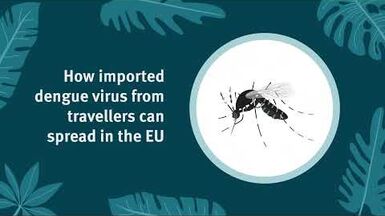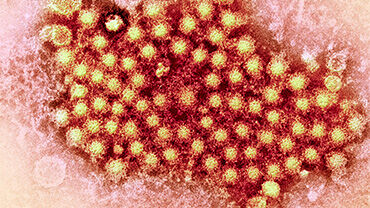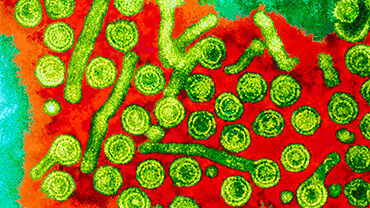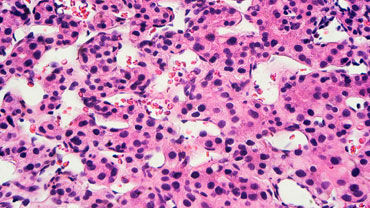World Hepatitis Day 2019
World Hepatitis Day is marked on 28 July each year to increase the awareness and understanding of viral hepatitis. The five main hepatitis viruses are types A, B, C, D and E. ECDC coordinates the enhanced surveillance for hepatitis A, B and C to help countries define epidemiological trends or transmission patterns among newly diagnosed cases.
Latest trends in Europe
European surveillance data show on-going transmission of hepatitis B and, despite a recent slight decline, high annual levels of hepatitis C diagnoses. As hepatitis infection often shows no symptoms, a large number of people have chronic hepatitis without being aware of the infection.
Guidelines for testing
Targeted testing to reach those most at-risk of infection is an essential element of any strategy to eliminate viral hepatitis across the countries in the European Union and European Economic Area (EU/EEA). ECDC’s Guidance on integrated viral hepatitis and HIV testing provides options and ideas based on the latest scientific evidence for national or local hepatitis B, C and HIV testing guidelines and programmes.
Sustainable Development Goals
Success in increasing the testing uptake should contribute considerably to the elimination of HIV and to combat viral hepatitis as public health threat by 2030 as outlined in the Sustainable Development Goals. Early diagnosis and linkage to care bring strong individual and public health benefits: effective HIV or viral hepatitis treatment either eliminates or suppresses the viruses significantly which in turn means that those on treatment interrupt existing transmission chains, preventing further infections.
Latest news & reports
News stories
Targeted testing for viral hepatitis: Europe’s persistent public health challenge
Targeted testing is an essential element of any strategy to eliminate viral hepatitis across the countries in the European Union and European Economic Area. Some preliminary monitoring results on the response to hepatitis B and C presented around World Hepatitis Day show that diagnosing chronic infections is still a challenge in the EU/EEA.
Improving preparedness to respond to cross-border hepatitis A outbreaks in the European Union/European Economic Area: towards comparable sequencing of hepatitis A virus, Eurosurveillance, 11 July 2019
In September 2014, ECDC performed a rapid consultation among the 31 EU/EEA countries to mainly collect information on HAV genotyping practices through the National Focal Points for food- and waterborne diseases and zoonoses.









